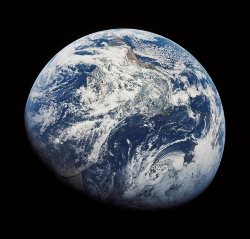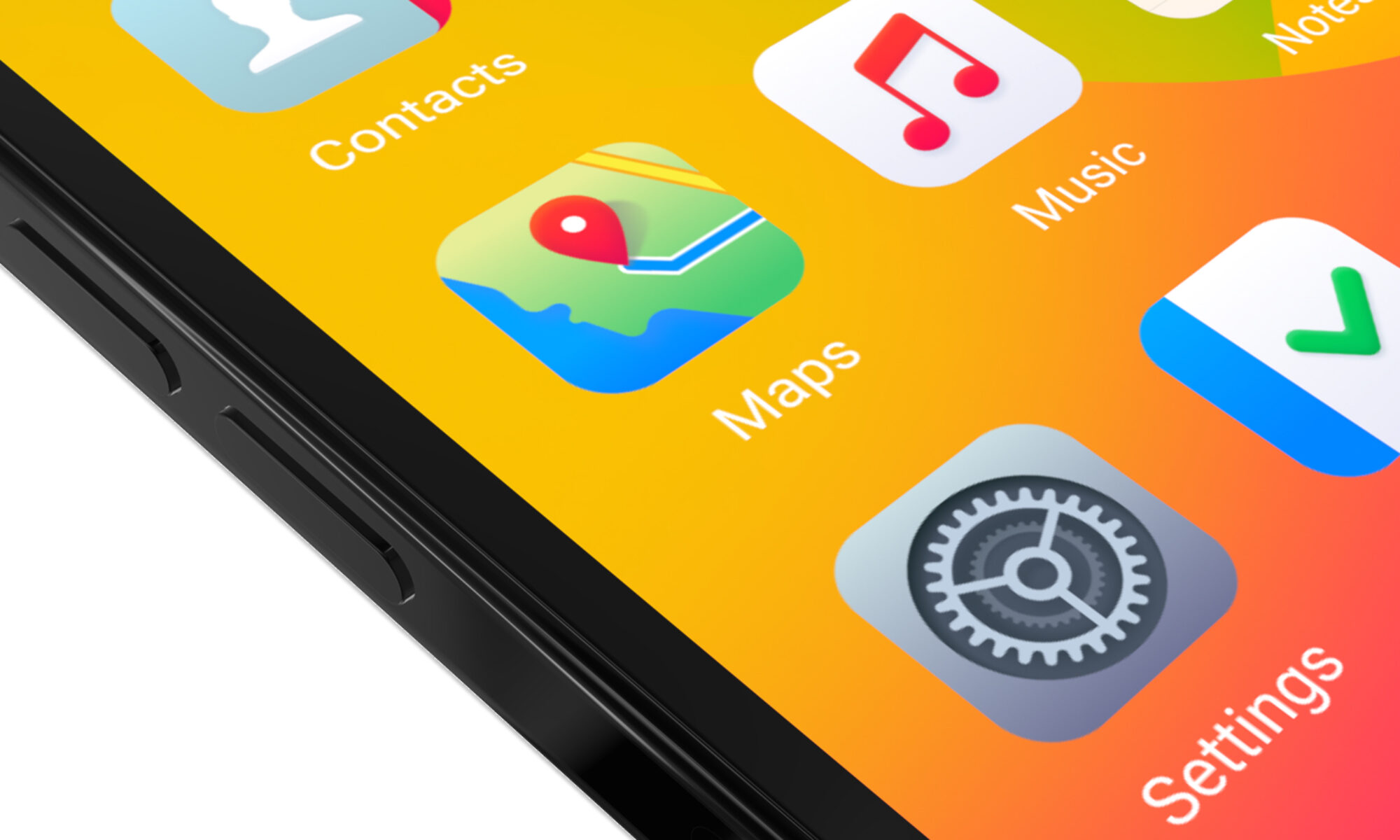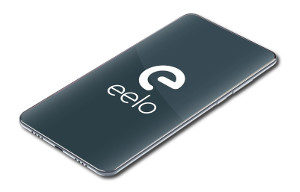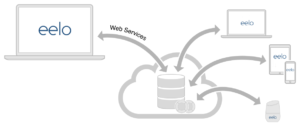 Last week, I received, in CC:, an email from a Mandriva Linux developer. This email was entitled “A foundation for Mandriva Linux *NOW* or Mandriva Linux to *DIE*?”
Last week, I received, in CC:, an email from a Mandriva Linux developer. This email was entitled “A foundation for Mandriva Linux *NOW* or Mandriva Linux to *DIE*?”
That suggested to me that maybe Mandriva was not going very well. This, of course, hurted me. At the same time it leads to the interesting question of a Foundation for a project like Mandriva Linux.
This is interesting because I remember we first discussed the question of a Foundation for Mandrake Linux back in 2000 or 2001. And we decided that it was a good idea. But we were too busy to really take care of it at the time. And in 2012 there is still no such organisation.
Mandriva Linux, earlier Mandrake Linux, is an interesting case of a Linux distribution who had a HUGE success worlwide, as the first popular Desktop Linux distribution. Remember in the early 2000 days, you could find a Mandrake Linux package in every bookstore in the USA, and it was widely available in Europe too. Then, it became very popular in other countries, and I still have a collection of several Mandrake Linux localized for Japan, Russia and other countries.
It has been distributed in thousand magazines and is still… one of the most downloaded Linux distributions. Still many young people tell me they have started Linux with Mandrake Linux because it was easier to use. I hadn’t expected it’s been so huge actually.
At the same time, the business for MandrakeSoft/Mandriva has always been a headache. The reasons are multiple, one of them is certainly the lack of an adequate business model, and this could be discussed for hours.
As a result, I understand that the existence of Mandriva Linux is now subject to speculation; not because of the product or the project, but because every month developers have to be paid and if the business is not good enough, soon comes a day when there is no more money to pay developers.
But I know about natural selection, and the fact that Mandriva is still here means a lot. This project has deep and strong roots. It has an intrinsinc vital force that lead it to the age of 14 yo, despite all the financial issues.
So, more and more I think that Mandriva could be a good candidate for an “Operating System in the Public Interest”.
Why an OS in the Public Interest?
We see less and less freedom in Operating Systems. People are locked by proprietary OSes. They can’t do what they want, they have lost a lot of Freedom. Before there was Windows, that was seen as evil. New comers are still worse.
MacOS or iOS are terrible in that matter (which is hard for me as I love the technologies of iOS and most Apple products). When you are in the Apple world, you are absolutely locked in the Apple world. Even what is displayed on your iPhone or iPad, you can’t redirect legally elsewhere than to a Mac or to an Apple TV.
Now take Google: they really want to have you in their ecosystem, they do anything to lock you and look friendly with you. But Facebook, Twitter and Google know everything about you. They want to control everything. As a result your life is, want it or not, partly controlled by those private and for-profit companies.
And Google with Android, what are they doing? they are just transforming a kernel in the public interest into software for shareholders interest, and grow your jail-ecosystem.
Projects in the Public Interest?
There is Wikipedia which is an awesome success. There is OpenStreeMap. There are others project as well that are in the Public Interest, which means in the Human Interest, and not in the shareholders interest, and independent.
On the OS side, there is Debian already, and Debian is huge. But Debian is still for servers & geeks. Ubuntu? Good on the desktop, but is holded by Canonical. It’s not in the Public Interest.
There is the Linux Foundation too. It’s very nice and I’m happy that it exists, but it’s for low-level kernel development.
So, if I was 24 again… 🙂 I would try to build a Foundation that would focus on delivering great Operating Systems in the Public Interest, both for PCs and tablets and smartphones.
Such a Foundation would need great engineers and visionary people to release great and easy to use software products for people with all guarantees of independency, security and privacy for their users.
It would, of course, need some financial resources. But when you do a huge Foundation, you find the money. Many people are ready to donate when they know that they are contributing to something good. The public sector, governements can donate. And you can build an ecosystem where some private, commercial companies sell services around the product. So in the end they can support, even financially, the OS in the Public Interest.
Most big infrastructures (roads, electricity, telecommunications) have been started as public projects, for the people, because people need interoperability and freedom. I think Operating Systems are infrasture components too, so we need an OS in the Public Interest, at least as an alternative for people who want to be free.
Gaël Duval, Mandrake Linux Founder.
Interested in open source, mobile operating systems, data privacy? Follow me on Twitter
Diclaimer: I’ve not been involved in Mandriva since March 2006.
 I wanted to share a few news and thoughts to you all eelo.io supporters and backers. This past week has been fascinating.
I wanted to share a few news and thoughts to you all eelo.io supporters and backers. This past week has been fascinating.
 Today, I’m bootstraping the eelo project with
Today, I’m bootstraping the eelo project with  I’m leaving Apple and Google
I’m leaving Apple and Google  So
So  In 1998, I created Mandrake Linux, because I was both a Linux fan and didn’t like Windows on the desktop. It’s been a long time, and I’m very happy I’ve been one of the actors who contributed to make the Linux desktop possible, even though it didn’t completely succeed. Since then, the smartphone has emerged. And it’s now a “companion of life” for many of us. On my side, I’ve been using Apple iPhones exclusively, since 2007. The main reason behind this choice is that I like iOS. It covers my needs, it looks great and elegant, and I find it very intuitive to use.
In 1998, I created Mandrake Linux, because I was both a Linux fan and didn’t like Windows on the desktop. It’s been a long time, and I’m very happy I’ve been one of the actors who contributed to make the Linux desktop possible, even though it didn’t completely succeed. Since then, the smartphone has emerged. And it’s now a “companion of life” for many of us. On my side, I’ve been using Apple iPhones exclusively, since 2007. The main reason behind this choice is that I like iOS. It covers my needs, it looks great and elegant, and I find it very intuitive to use. The LineageOS project was born from CyanogenMod’s ashes one year ago. And since, it has been embraced by a growing community of contributors and users. Built from Android open source code, it intends to offer a full and independent operating system for mobiles. What is LineageOS? how to install it? what can be expected? Why is it a major open source project?
The LineageOS project was born from CyanogenMod’s ashes one year ago. And since, it has been embraced by a growing community of contributors and users. Built from Android open source code, it intends to offer a full and independent operating system for mobiles. What is LineageOS? how to install it? what can be expected? Why is it a major open source project?
 Yesterday we learned that Mandriva, the company, was shutting down. I read a lot of sad comments on Twitter about it and realized that few of those guys seemed to be aware that actually Mandriva, the company, wasn’t doing a Linux distribution anymore for several years. The Mandriva Linux distribution, which earlier forked as PCLinuxOS, Mageia and others, is now
Yesterday we learned that Mandriva, the company, was shutting down. I read a lot of sad comments on Twitter about it and realized that few of those guys seemed to be aware that actually Mandriva, the company, wasn’t doing a Linux distribution anymore for several years. The Mandriva Linux distribution, which earlier forked as PCLinuxOS, Mageia and others, is now 